Did you ever wonder why horses sleep standing up? How does a horse get any rest? Do they ever lie down? These are probably the most common questions that people ask about horses. A horse’s sleep patterns are not exactly the same as that of a human. Where humans need between 8 and 10 hours of continuous sleep per day, a horse’s sleep requirements and patterns are far different.
P.S. Turn on your sound when watching the video.
Standing Up
Horses first lived in the wild where their flight-or-fight instinct became very strong. As a result, sleeping standing up enabled the horse to flee quickly when danger was sensed. Lying down to sleep significantly reduced the horse’s ability to run away fast. Over time, the horse’s anatomy evolved to a point where their limbs, ligaments, and muscles were able to “lock” in place, allowing the horse to sleep without falling over. This evolution was very important to the horse existing in the wild as a prey animal.
Lying Down
Do horses ever lie down and sleep? Yes! In fact, many horses prefer to sleep lying down than standing up simply because it is much more comfortable. It is not uncommon to see a herd of horses, many of them lying down, but with at least one standing up. The standing horse is keeping watch over the others, keeping eye on any potential predators or other signs of danger.
When a horse is sleeping while standing they are not in a deep sleep, but are in a lighter sleep or snoozing. However, like humans, horses do need to have REM or rapid eye movement sleep that occurs during deep sleep. Also like humans, horses engage in slow-wave sleep (also known as SWS). To do this, the horse must lie down, not just with its legs tucked under its body, but fully lying down on its side. Sometimes you might see a horse asleep on its side with its legs moving. It is most likely that you are watching a horse dream.
Sleep Time
Unlike humans that tend to sleep continuously for hours, the horse breaks up its sleep time throughout an entire twenty-four hour time period. Horses may snooze for a few minutes at a time standing up and may lie down for a few hours in REM sleep. These short sleep times can add up to anywhere from a few hours to more than 12 hours per day. Younger horses as well as fillies and colts sleep longer hours than adult horses.
A horse’s pattern of sleep varies and depends on its environment. For example, a horse kept in a box stall may sleep more when the activity around the barn is less, such as during the nighttime. You may also see two horses that are stabled next to each other share the same sleep patterns – sleeping at the same time. It is also not uncommon to see horses lying down on their sides in a pasture especially in the sunshine. There is nothing wrong with them. They are just enjoying REM sleep in the warmth of the outside.
We still do not know much about sleep and the horse. What we do know is very rudimentary, but useful as we try to understand why and how horses get their rest.



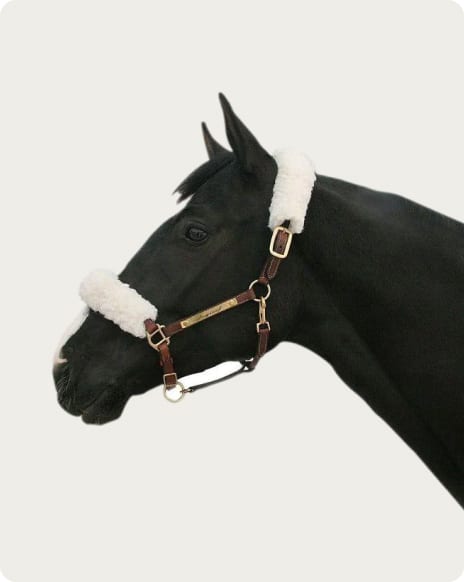

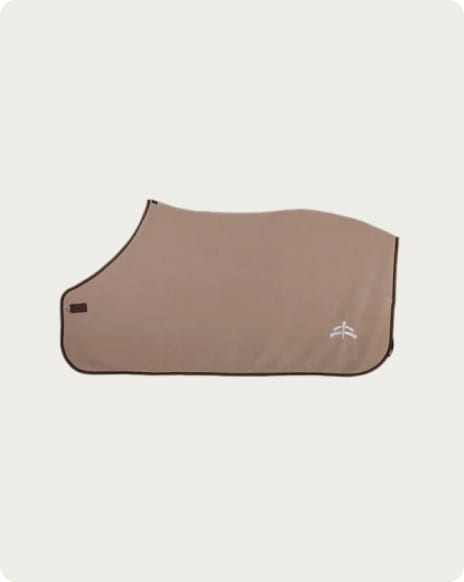
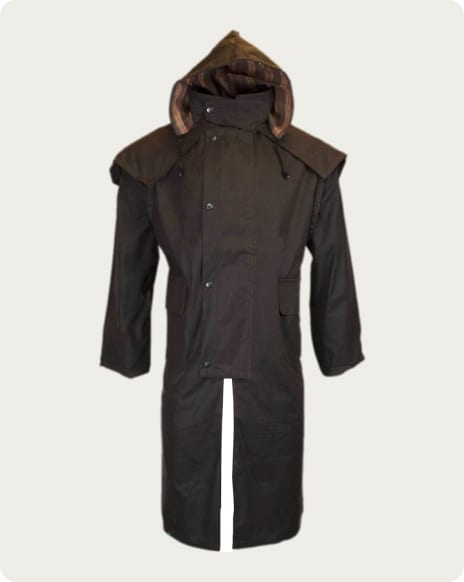





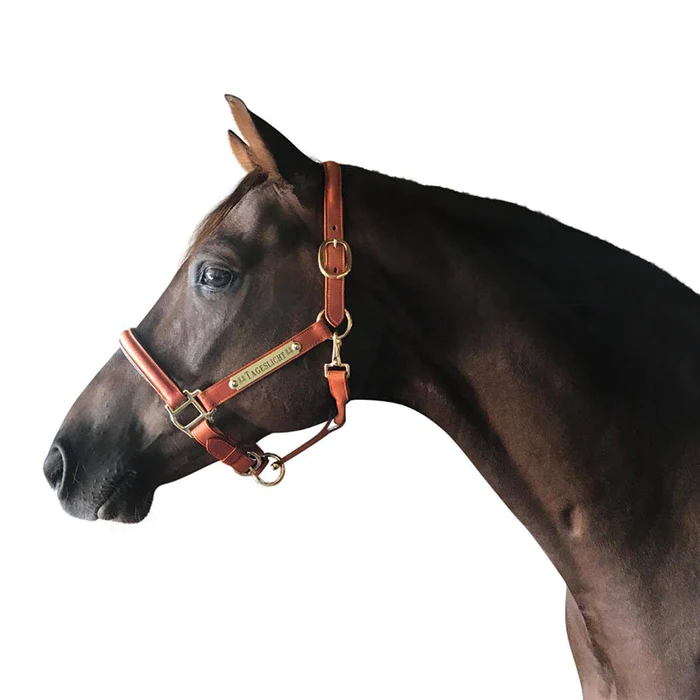

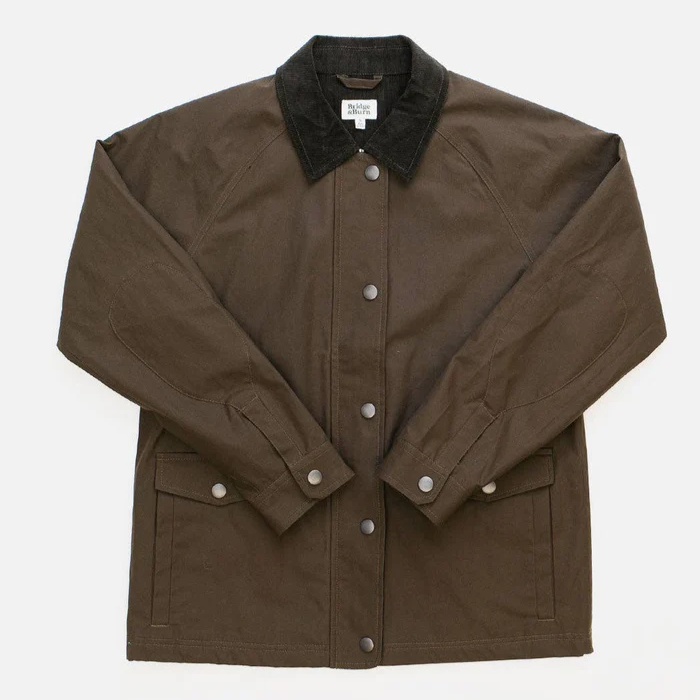

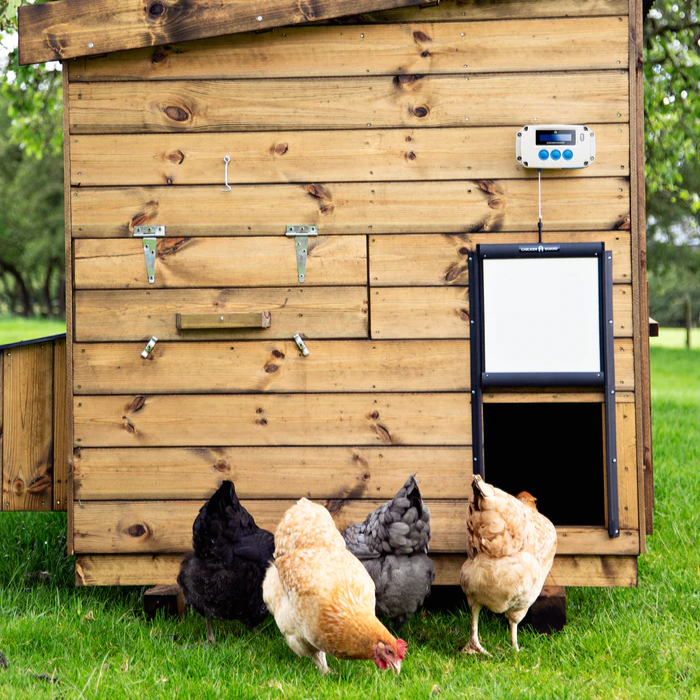

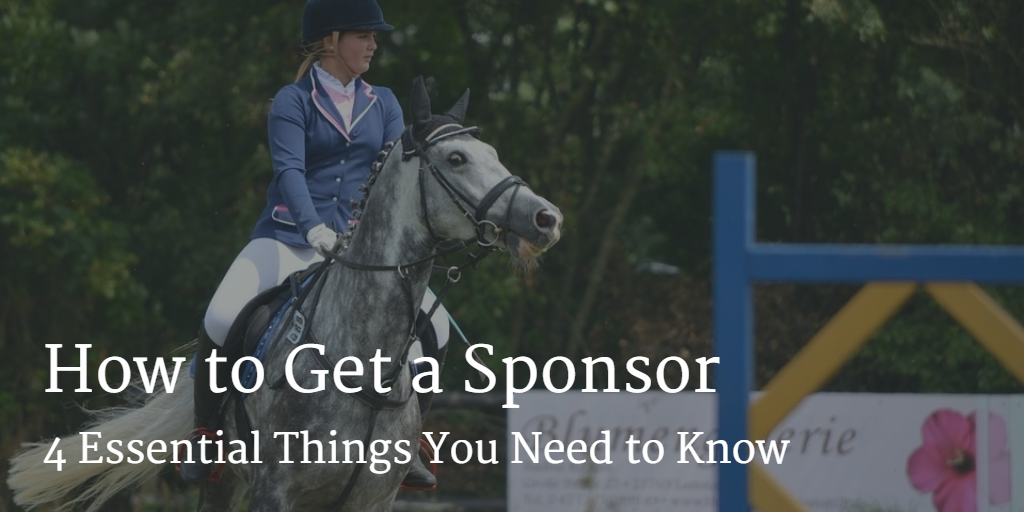
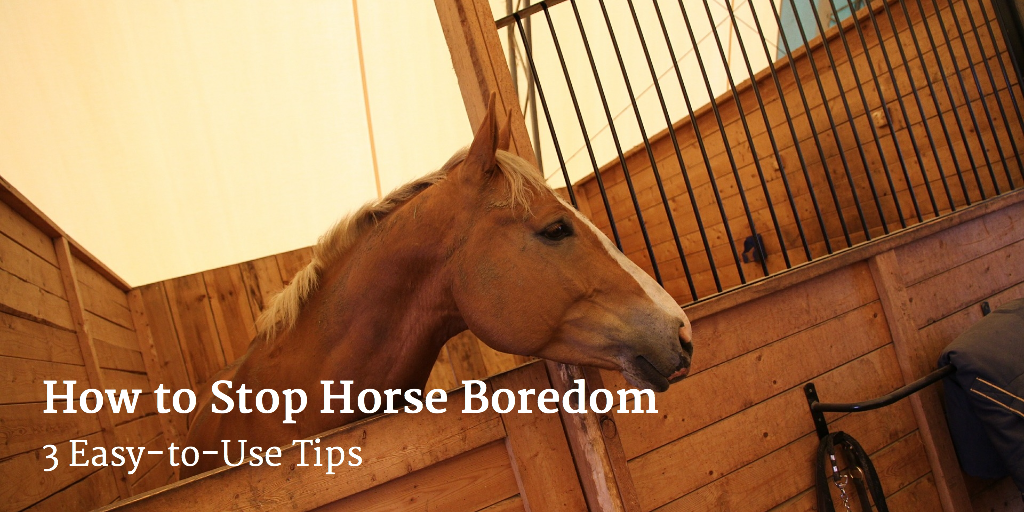
2 comments
Emily Davis
This is so amazing! Horses can rest holding up. However, there’s a reason behind it. Essentially, steeds are prey creatures – which means they are typically being chased in nature. Ordinarily, the measure of REM sleep they require is exceptionally little, so they don’t have to rest frequently.
This is so amazing! Horses can rest holding up. However, there’s a reason behind it. Essentially, steeds are prey creatures – which means they are typically being chased in nature. Ordinarily, the measure of REM sleep they require is exceptionally little, so they don’t have to rest frequently.
MiTmite9
Hello.
Great, informative article.
I do wish you would edit the article to read “lying down” and “lie down.” “Lay” takes an object. I.e., “He will lay down the book.” Horses don’t “lay down,” they “lie down.” Horses are not sleeping while “laying down,” they sleep while “lying down.”
Thank you.
Hello.
Great, informative article.
I do wish you would edit the article to read “lying down” and “lie down.” “Lay” takes an object. I.e., “He will lay down the book.” Horses don’t “lay down,” they “lie down.” Horses are not sleeping while “laying down,” they sleep while “lying down.”
Thank you.